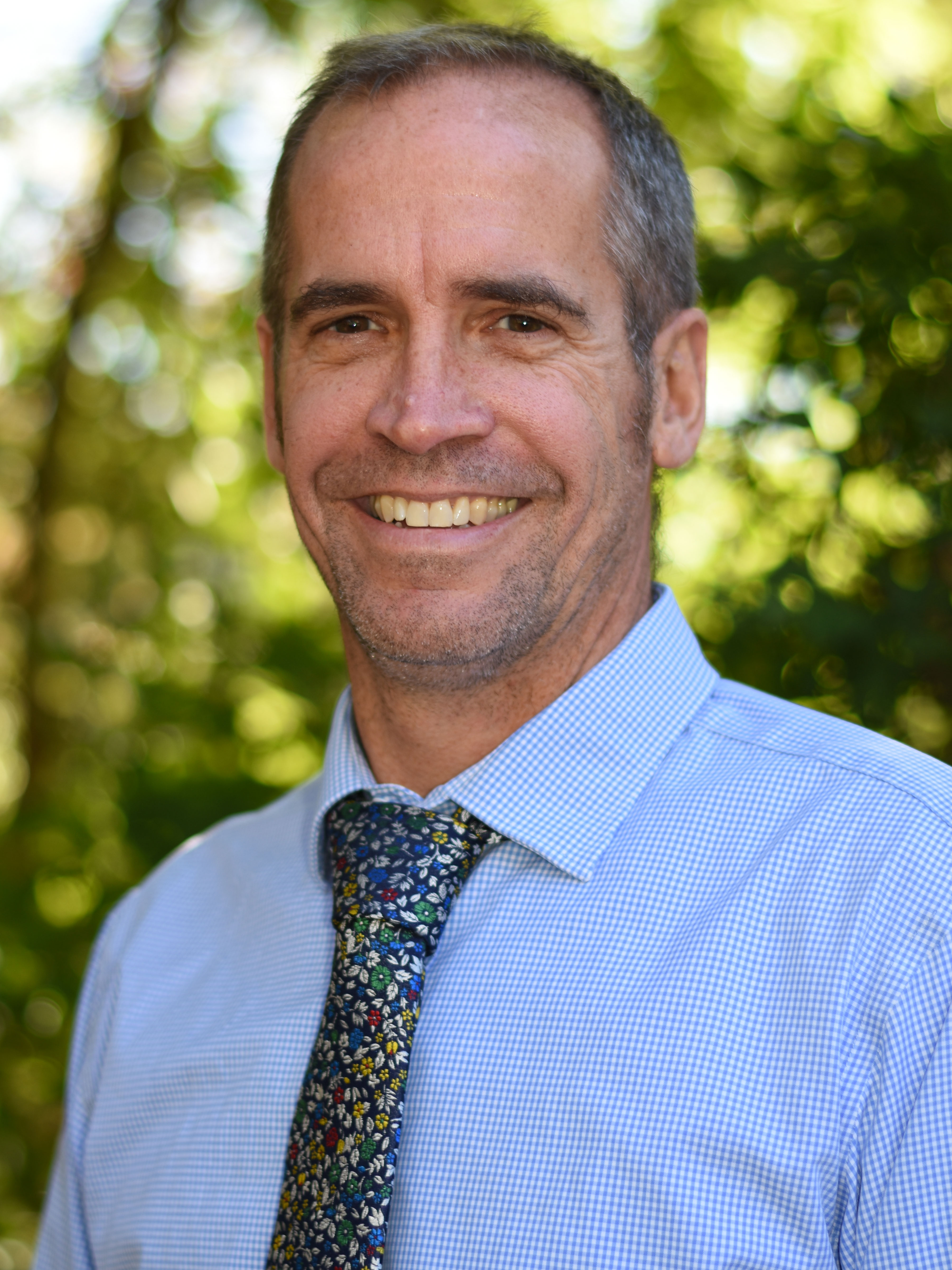Communications Program
Overview
Communication skills are a crucial component of education for civil and environmental engineers. The Department is pleased to have an integrated Communications Program within our undergraduate curriculum.
During the late 1990s, a small group of generous Civil Engineering alumni and co-op employers came together to provide the resources needed to develop a comprehensive professional communication program to be offered in the Civil Engineering undergraduate curriculum. These alumni and employers recognized that well-developed communication skills (written and oral) are essential for professional success in the engineering field. This includes proposal development and technical report writing, and presentations to clients and the public. They wanted to ensure that Northeastern Civil Engineering graduates, already outstanding in their analytical and problem-solving skills, achieved their full professional potential by adding formal training in communication skills.
As a result of these fund-raising efforts, an initial endowment quickly grew to over $600,000. This is a tribute to the generosity of these individuals and firms, but is also a testament to the importance that the profession places on communication skills in the current and future job environment.
In Fall of 2007, the Department’s Professional Communication Program was redesigned with outstanding input from the Department’s Industrial Advisory Board (IAB). The program is a distinctive feature of Northeastern’s Civil Engineering program and provides a value-added dimension to the undergraduate curriculum. Our graduates will not only be exceptional engineers, but will possess the skills necessary to express their knowledge, analyses, and insights in clear and effective ways.
Donors
The generous gifts from several donors support this program. Prospective donors who have questions about the program and its dimensions are encouraged to contact Jerome Hajjar with your inquiries. Donors are asked to contact the Development Team for the College of Engineering.
Rationale
Communication skill is an essential criterion for professional success. Northeastern University Civil Engineering graduates have a strong reputation for their analytical and problem-solving skills. However, to achieve their full potential as professionals in today’s work environment, they need strong written and oral communication skills to interact with clients, regulating agencies, and the public. To provide an engineering graduate with the complete skillsets for the professional environment of today and the future, the Endowed Professional Communication Program is needed to:
- introduce students to basic communication principles;
- reinforce these principles and progressively expand student understanding of communication applications; and,
- provide opportunities for students to practice applying this communication training throughout their years at Northeastern.
Program Components
The Endowed Professional Communication Program includes training in written communication, oral communication, meeting management, and team presentations. Specifically, students who successfully complete the program will be assessed in each of these areas on the following bases.
Written Communication
- Clear, concise presentation of lab reports and other technical data
- Proper language usage
- Ability to collaboratively construct written documents
- Awareness of a step-by-step model for constructing written documents
Oral Presentations
- Ability to structure a presentation effectively
- Ability to deliver a presentation articulately
- Awareness of a step-by-step model for making team presentations
- Ability to collaboratively create and deliver oral presentations
Meeting and Team Management
- Awareness of primary and secondary meeting conflict
- Awareness of techniques to avoid negative conflict
- Ability to lead a meeting
- Ability to participate effectively in a meeting context
Curriculum Integration
Students will begin the Communication program in their Sophomore year and continue through their Senior year. The program is reinforcing and progressive. For each phase of the program, part of the follow-on phase includes a review and reinforcement of those principles already covered. New information is introduced to enhance the principles previously covered.
The specific inclusions in each term are described below.
Sophomore – Solids in Materials Teaching Lab
- Lecture on Written and Oral Communication
- Oral Presentation of Lab Report as a Team
Senior – Senior Design Capstone
- Review Lecture with additional information on
- Making Team Presentations
- Responding to Questions in Team Presentations
- Dry Run of Presentation to Co-op Client
- Written and Oral Presentation to Co-op Client
